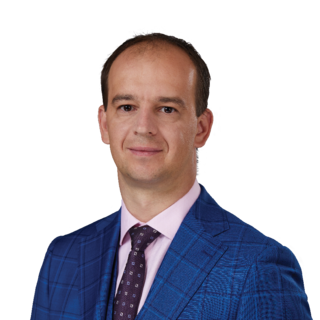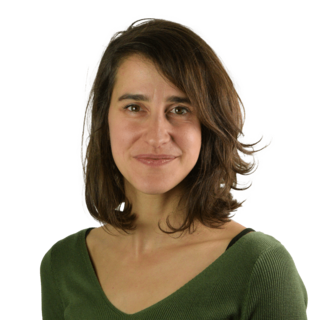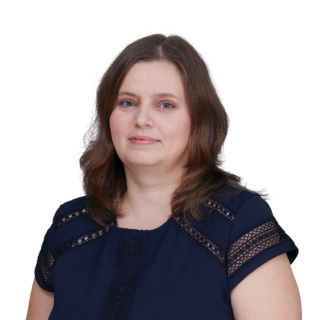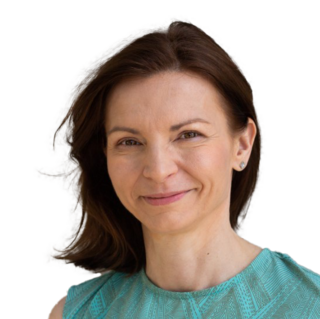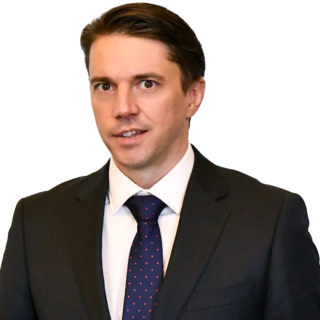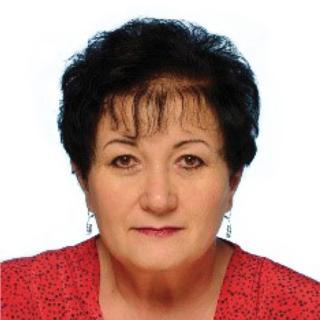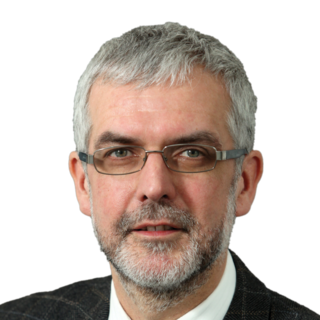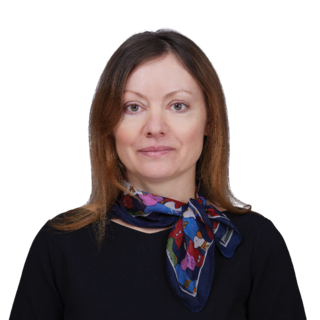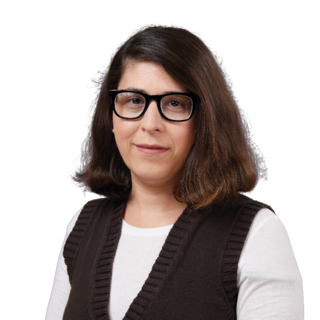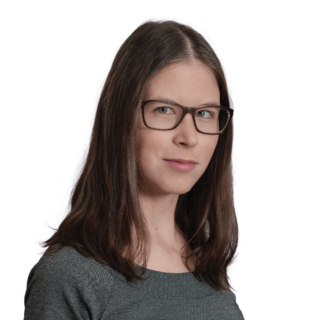Organizational structure
Director
Research Department
research director
Research centres
Centre for Global Political Economy
The Centre for Global Political Economy examines the interlinkages between political and economic power in international relations, whose understanding is key for the strategic decision-making of both governments and non-state actors in a globalized world. The Centre primarily focuses on the challenges facing the Czech Republic and the European Union in a time of intensifying geopolitical confrontation and the general fragmentation of the global economy. Thematically, these challenges encompass areas such as trade and industrial policy, development cooperation, and the impacts of armed conflicts on political and gender relations at both local and global levels. Regionally, the centre’s experts focus in particular on Central and Eastern Europe and sub-Saharan Africa.
Centre for Governance of Emerging Technologies
The Centre for Governance of Emerging Technologies explores the critical intersections of security, technology, and global politics. Its work addresses how digital innovation reshapes geopolitics, with a particular focus on disinformation within the EU and the stigmatization of scientific knowledge in political processes. The Centre examines evolving configurations of cybersecurity and the role of technology in enabling or countering foreign interference. Space security is another key pillar, where research investigates the democratization of space technologies and the gradual erosion of states’ traditional dominance. A strong focus is placed on planetary defense, including the governance challenges of space mining.
Centre for International Law
The Centre for International Law examines how international rules shape today’s world, organizing its academic and policy research around three main research areas. The first one focuses on human rights law, justice, and the theory of international law, exploring how law protects the rights of individuals and communities and how evolving legal principles respond to global challenges. The second research area addresses security and conflict, analyzing when and how states may lawfully use force, the rules of armed conflict under international humanitarian law, legal responses to terrorism, and mechanisms of international criminal law for addressing international crimes. The third research area examines the global economy, cyberspace, and new societal challenges, focusing on the regulation of trade and finance, the governance of cyberspace and digital technologies, and the legal dimensions of climate change and gender in international relations. Across all three research areas, CIL researchers bridge academic inquiry and real-world policy, helping to guide future debate on emerging challenges – from international human rights and humanitarian law, cyber-security and economic shifts to inclusive and sustainable global governance.
Centre for European Politics
The primary focus of the Centre for European Politics (CEP) is Europe, particularly in relation to the study of all the relevant issues, including security, integration processes, social, cultural, and religious differences, common institutions, and modern-day challenges. It examines the European Union in all its aspects, with a special emphasis on Central Europe, but also consider individual states and regions beyond its borders, such as Ukraine, the Western Balkans, and Russia. NATO figures prominently in the centre’s research, but members of this centre also address non-traditional aspects of security, such as disinformation and foreign interference in domestic politics.
Centre for the Study of Global Regions
The Centre for the Study of Global Regions pursues academic and policy research on international politics and security in East Asia, the Middle East, and North Africa that is oriented along three main research axes. The first concentrates on political systems and the shifting nature of authoritarianism, focusing on topics such as social movements, the transformation of political parties, or the nature of political repression. The second axis concerns international security issues, including non-state armed actors, regional armed conflicts, missile defence, and non-traditional threats such as disinformation and covert foreign interference. Finally, the third axis revolves around the European and Czech policies towards the Middle East, North Africa, and East Asia.
Research Infrastructure
Projects Unit
The Projects Unit falls under the Research Department. It provides comprehensive project management ranging from searching for suitable domestic and foreign grant titles to the monitoring and billing of implemented projects. The Unit participates in the communication with the grant providers, and the preparation of projects, annual reports and budget overviews.
Research Support Unit
The Research Support Unit falls under the Research Department. It provides administrative support related to the day-to-day running of the Research Department, which includes tasks such as organizing meetings or detailed evidence of outputs. At the same time, it prepares documents for the evaluation of the institution according to the Methodology for Evaluating Research Organisations 17+, including those for reporting of outputs to the “RIV“ (Registry of Information about Results). The Research Support Unit regularly monitors the status of how researchers are meeting the minimum qualification criteria.
Department of operations and external relations
Director of operations and external relations
Deputy Director of Operations and External Relations (Operations)
Deputy Director of Operations and External Relations (External Relations)
Conference Unit
The Conference Department prepares scientific and educational events for the professional community and the general public. The organisation is run independently or in cooperation with various partners (Ministry of Foreign Affairs of the Czech Republic, Czech and foreign think tanks, universities, embassies, foundations, etc.). These events include both large annual international conferences and a number of smaller seminars and lectures focused on international relations, foreign policy and diplomacy. Several times a year, the section also organises exhibitions and openings with discussions, film screenings or book launches of the latest books by our researchers/ic. The long-term goal is to connect the general public with the professional community and to cultivate debate on current topics in the field of international politics.
Publishing Department
The IIR Publishing Department takes care of the correct form (language and graphic) of text outputs for all sections of the Institute, e.g. policy outputs (policy papers, policy briefs, reports, ...) of our researchers, newsletters of the Conference Department, and administrative documents. It is editorially involved in the preparation of magazines (International Relations, International Politics) and books. It provides bindings to small prints, consultations (price calculations or technical and production issues) and manages a warehouse of books, magazines, and an editorial archive.
 Vladimír Trojánek
Vladimír Trojánek
Otto Pick Library of International Relations
The library of the IIR is one of the largest specialized public libraries in the field of international studies in the Czech Republic. It systematically collects materials on Czech foreign policy, international relations and security, international organizations, and country-specific materials into its fund. It cooperates with several Czech, but mainly foreign professional libraries and information institutions. The library is a member of the European Information Network of International Relations and Regional Studies (EINIRAS) http://www.einiras.org/, an association of European research institutions dealing with information and documentation in the field of international relations in research and political practice.
Economics Unit
The Economics Department ensures the preparation and control of the budget, accounting, reporting, and statistics. Other tasks and duties include processing grants, preparing financial statements, taking care of asset records, taxes, depreciation, and receivables. It regularly inventories assets, liabilities, and receivables. It calculates wages and taxes for the employees of the IIR, registers them for social and health insurance, and carries out annual tax and wage settlements.
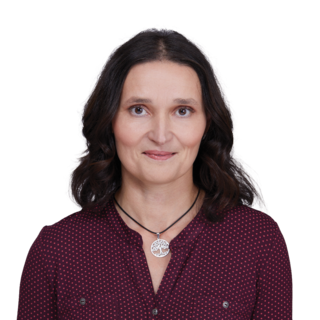 Eva Matyášová
Eva Matyášová
Human Resources
The Human Resources (HR) section of the IIR is responsible for managing the employee life cycle. It prepares and manages recruiting, hiring, and onboarding employees, maintain employee records for the entire duration of the employment relationship, and support employee career growth. The HR section works closely with the economic section to prepare payroll and remuneration processing for employees and external partners of the IIR.
Building Operations
The task of the building administrator is to oversee its operation in technical and administrative terms. He ensures the proper functioning of all building technologies, provides furniture, repairs of the systems, and their regular service. According to the applicable laws, he ensures the revision of technologies, carries out cleaning inspections, trains employees in the work safety protocols, and manages individual facilities. As a safety engineer, he checks OSHA compliance and eliminates found deficiencies. At the same time, he ensures the operation of the company car, including its maintenance.
Secretariat
The secretariat prepares official correspondence and arranges meetings of the management. Secretariat also organizes the meetings of the Board and the Supervisory Board and provides minutes of the meetings. The secretariat is responsible for contracts, agreements, internal file agenda and directives and decisions of the director and other administrative tasks.
 Jana Javed
Jana Javed
IIR Board
The IIR Board proposes the appointment of the Director of the IIR, sets the directions of the IIR's activities in accordance with the charter, approves the budget, internal regulations, and annual reports, and also discusses draft research plans and contracts. IIR Board Members are elected by IIR researchers from among themselves (internal members) and from among specialists who are members of other institutions (external members).
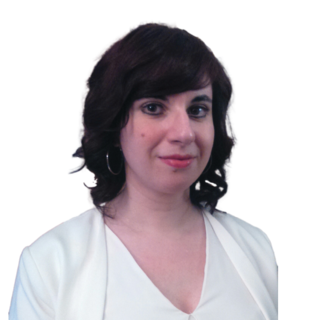 Federica Cristani
Federica Cristani
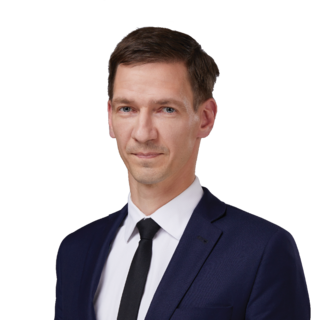 Matúš Halás
Matúš Halás
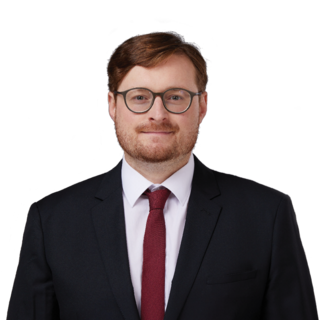 Daniel Šitera
Daniel Šitera
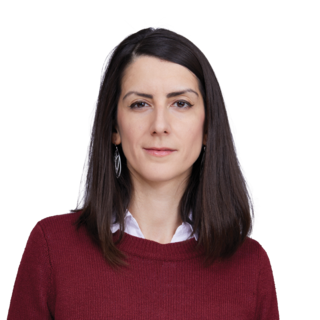 Asya Metodieva
Asya Metodieva
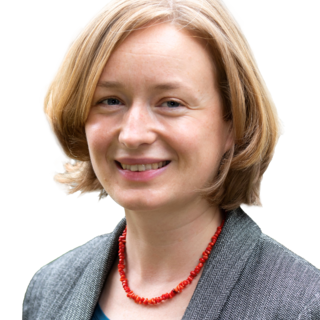 Dagmar Vorlíček
Dagmar Vorlíček
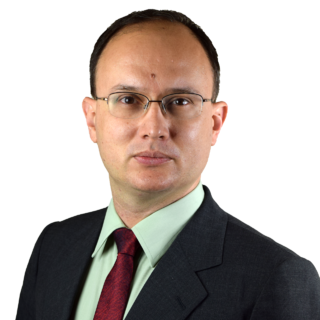 Clément Steuer
Clément Steuer
 Kateřina Krulišová
Kateřina Krulišová
 Ondřej Slačálek
Ondřej Slačálek
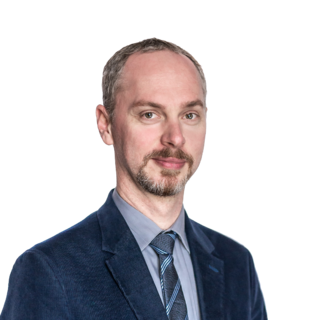 Ondřej Beránek
Ondřej Beránek
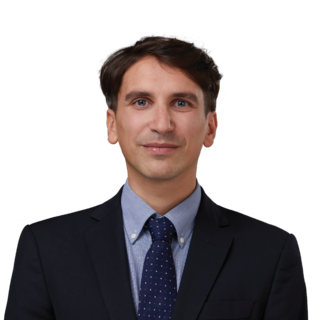 Jan Daniel
Jan Daniel
The Supervisory Board
The powers (competences/authority) and tasks of the Supervisory Board are mainly related to the supervision of the activities, management and disposal of the assets of the Institute. The members of the Supervisory Board are appointed and recalled by the Ministry of Foreign Affairs of the Czech Republic. The Board's members include both representatives of the founder, and representatives of employees of the Institute.
Ethics Committee
The Ethics Committee is an advisory body to the Director of the Institute. The Committee deals independently, with any initiative that is notified to it. The members of the Committee are nominated by the employees of the Institute. The Committee shall be appointed and dismissed by the Director. A meeting of the Commission is not public. The Committee may invite independent experts to attend its meeting.
Researchers, employees, external associates and interns of the Institute are governed by the Research Ethics Code and the Departmental Internal Anti-Corruption Program of the Ministry of Foreign Affairs and affiliated organisations.
Research Ethics Commission
The Research Ethics Commission is an advisory body to the director of the Institute, overseeing compliance with the Ethical Code of Research by anyone with a working relationship with the Institute in the area of research. The Committee is appointed by the Director of the Institute. The Commission has at least three members.
Any individual may submit a complaint regarding a violation of the Research Ethics Code to the Chairperson, Federica Cristani (cristani@iir.cz).

